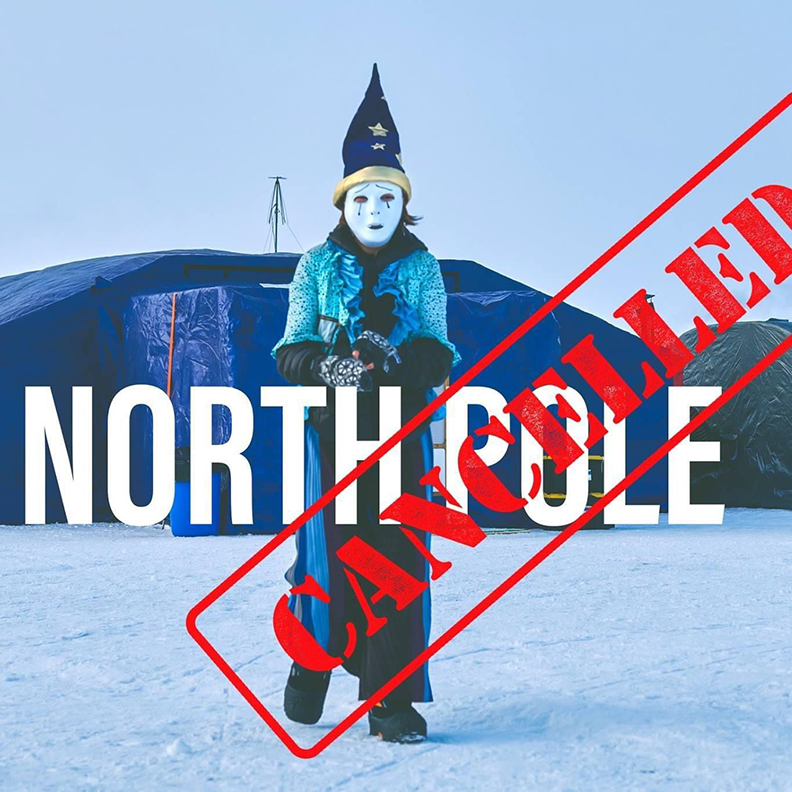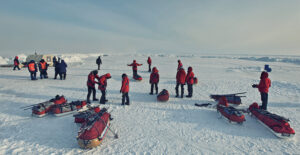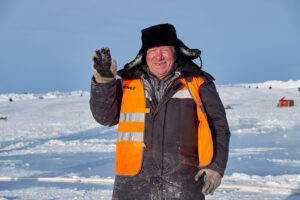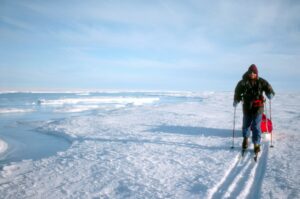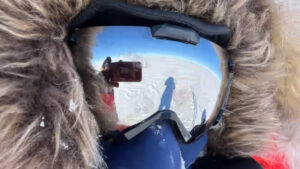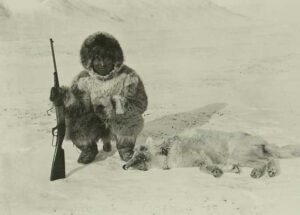Russia has never been a transparent country. Especially for Westerners, it’s always been a riddle inside a mystery inside an enigma. So it’s unlikely that we’ll ever fully understand what caused the cancellation of the Barneo season yesterday.
Since the early 2000s, the seasonal ice station near the North Pole has been a high-priced staging area for last-degree skiers, polar marathon runners, champagne tourists, and others. But because of COVID and political disputes, it has not operated since 2018.
This year, it was all set to go, although it would route through Russia rather than Svalbard. Then came news of yesterday’s cancellation.
Journalist Galya Morrell now lives in New York and Greenland but was born in the Soviet Union and has visited Barneo since it began. Today, she contacted several insiders.
“They say it is all a bit awkward but don’t want to be quoted,” she says. “But there is something else going on, other than Nature.”
Morrell went on:
We hear from the organizers that the runway broke and that there was no time to build a new one. Still, in 2016, the runway broke five times. The season was delayed but went smoothly. This year, the runway did break, but the ice is two meters thick. It should be possible to find other options nearby, as they did in other years.
They say that extreme cold was another challenge in 2024. But in April 2015, the marathoners ran in -41˚C.
There may be other troubles at play that we know little about at this moment.
The biggest lesson of the 2024 North Pole season, which started and ended in Krasnoyarsk, is that we may need some fresh, unorthodox ideas about how to arrange logistics for journeys to the North Pole.
Polar guide Eric Larsen, who yesterday sounded like he had not quite given up hope, today conceded defeat.
